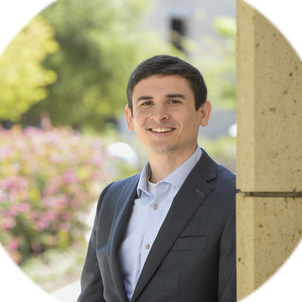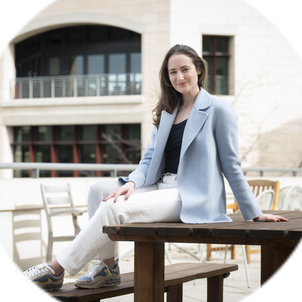I was a teenager when my father, one of the first black professors at the University of Ghana, gave it to me. He knew that I was always building something. But I was totally intimidated by this device. So, I went to the library and learned about Boolean logic, and how the whole thing worked. I wasn’t trying to accomplish anything in particular—I was just trying to understand the computer for what it was.
I’m good at tinkering because when I was a child, I didn’t have an abundance of toys. If you grow up in Ghana or a very underdeveloped country, you can’t take anything for granted. If I wanted something to play with, I built it myself, such as a go-kart. I got my first passport when I turned 14 years old because I invented a corn-planting machine that led me to an international science competition in Nigeria. Eventually, this sense of exploration helped me earn a scholarship to study in the United States, where I finished my undergraduate and graduate degrees.
Currently, I’m working on computing inspired by the human brain. We’ve built hardware models of neural systems to learn about how the brain functions, which lets us test ideas about how cognition—the way we gain knowledge and understand things—could come from the properties of neurons. Informed by what these models have taught us, we’re now working on developing a computer that works more efficiently, like the brain does.
For example, when you give a computer a high-level description of what to do, it breaks down your command into ever-simpler instructions, and eventually into the 0s and 1s necessary to complete the command. In a brain-inspired computer, we’re asking how it could automatically figure out the most efficient lower-level steps needed to complete a high-level action. The elegance of this method lies in how it makes computing easier and more efficient for everybody. Making these connections between neurobiology and computer science reminds me that I’m doing what I’ve always loved: exploring how something works, then finding a better way to do things.
Related spotlights

Thomas Colburn

Kayla Patterson

